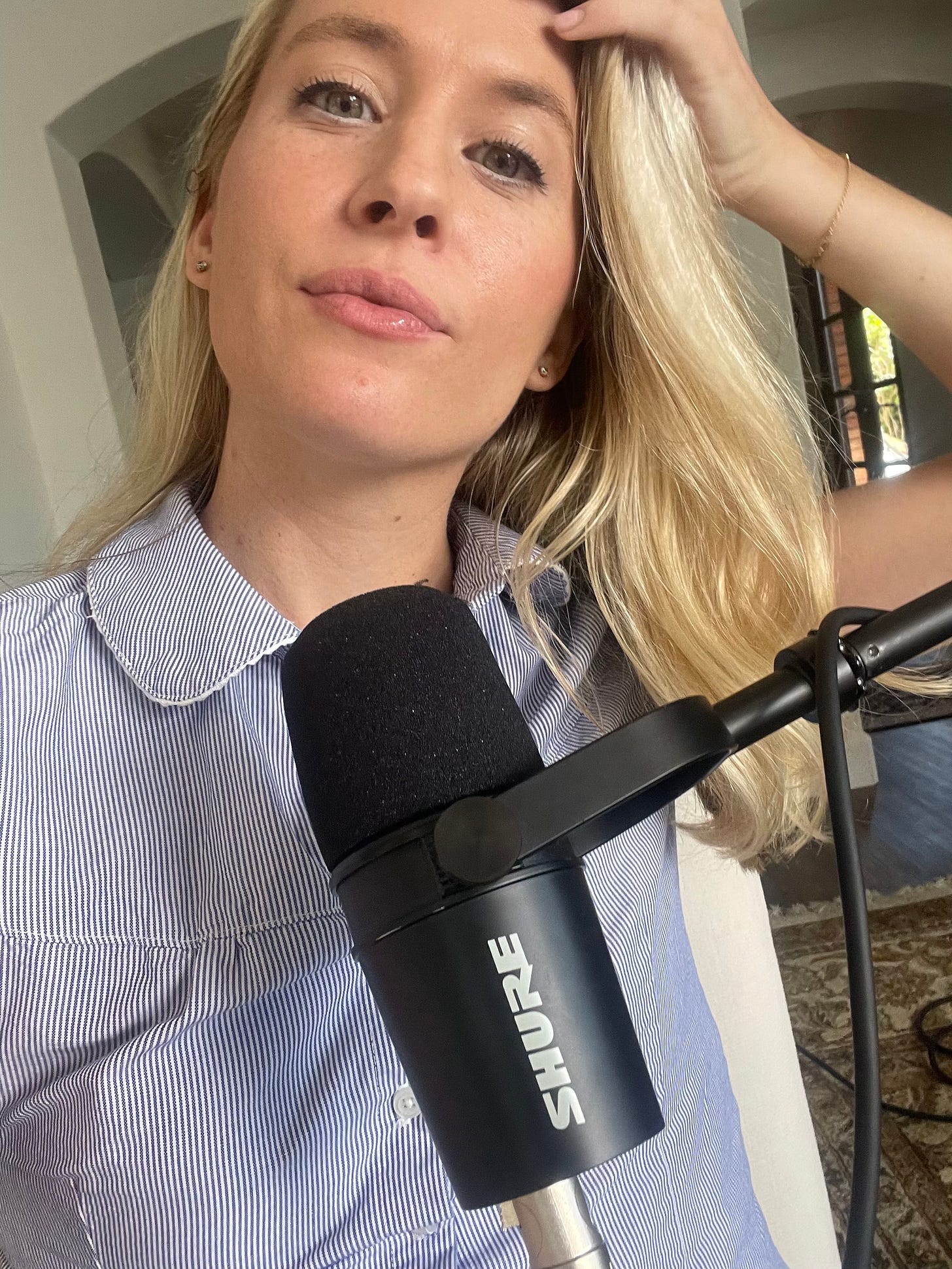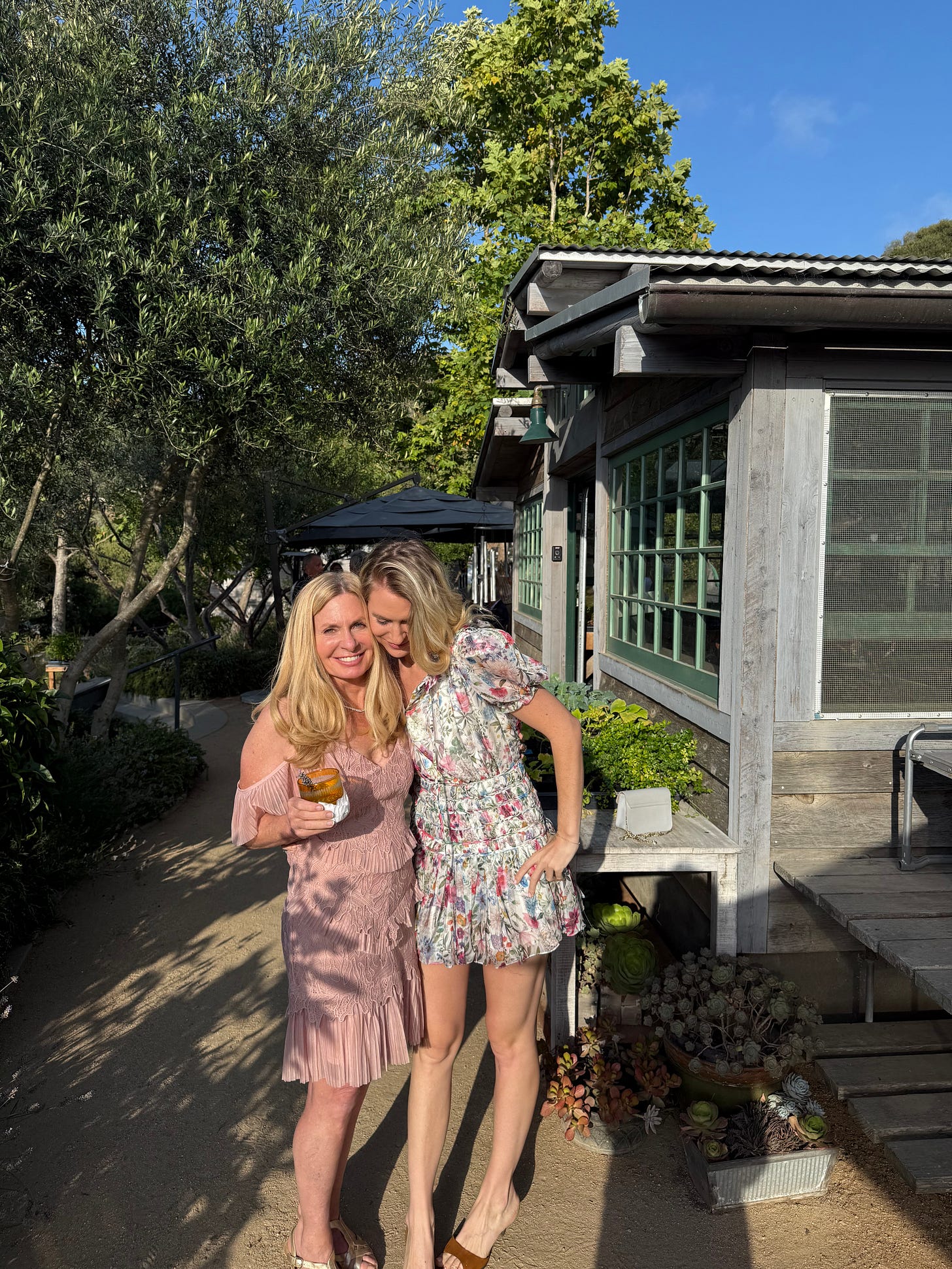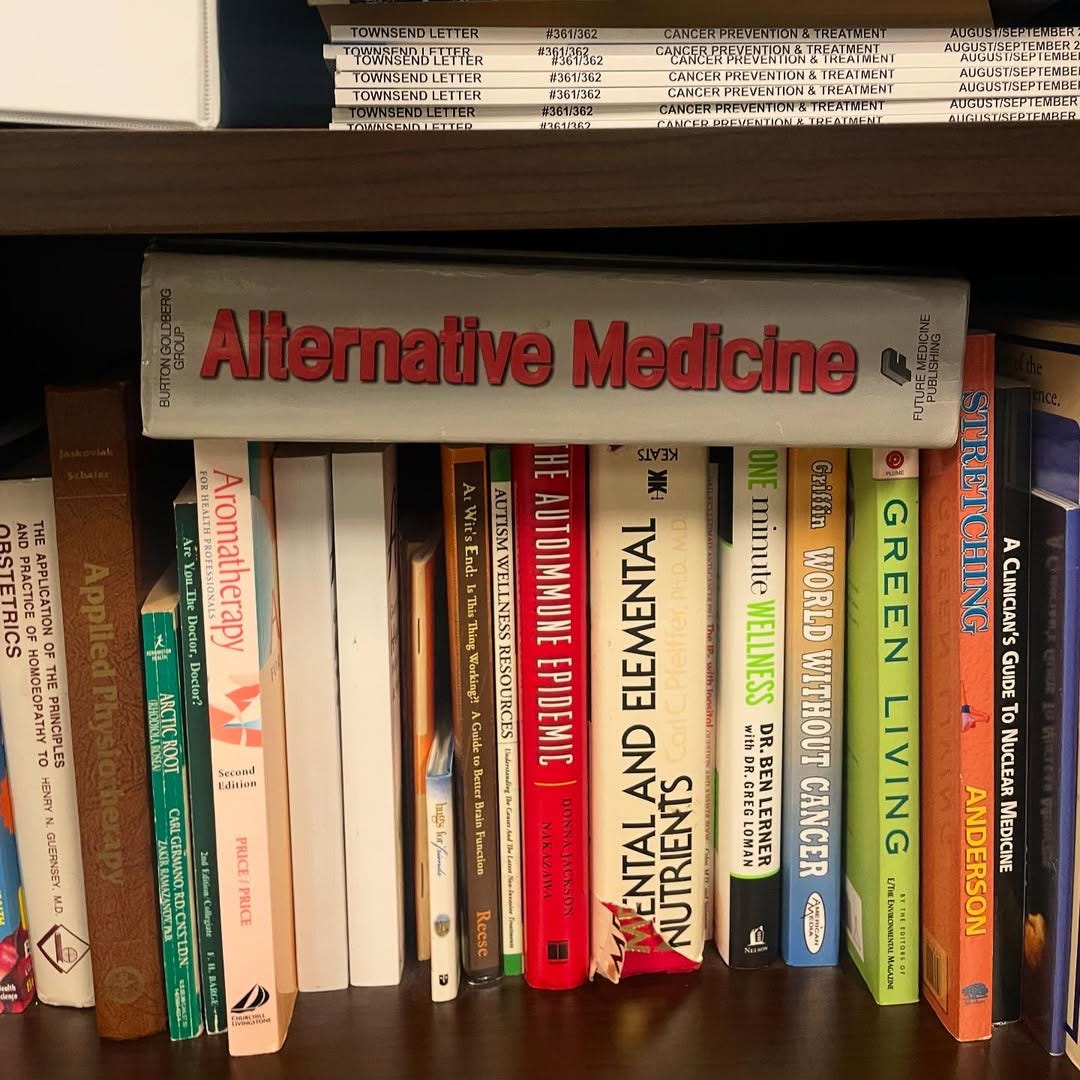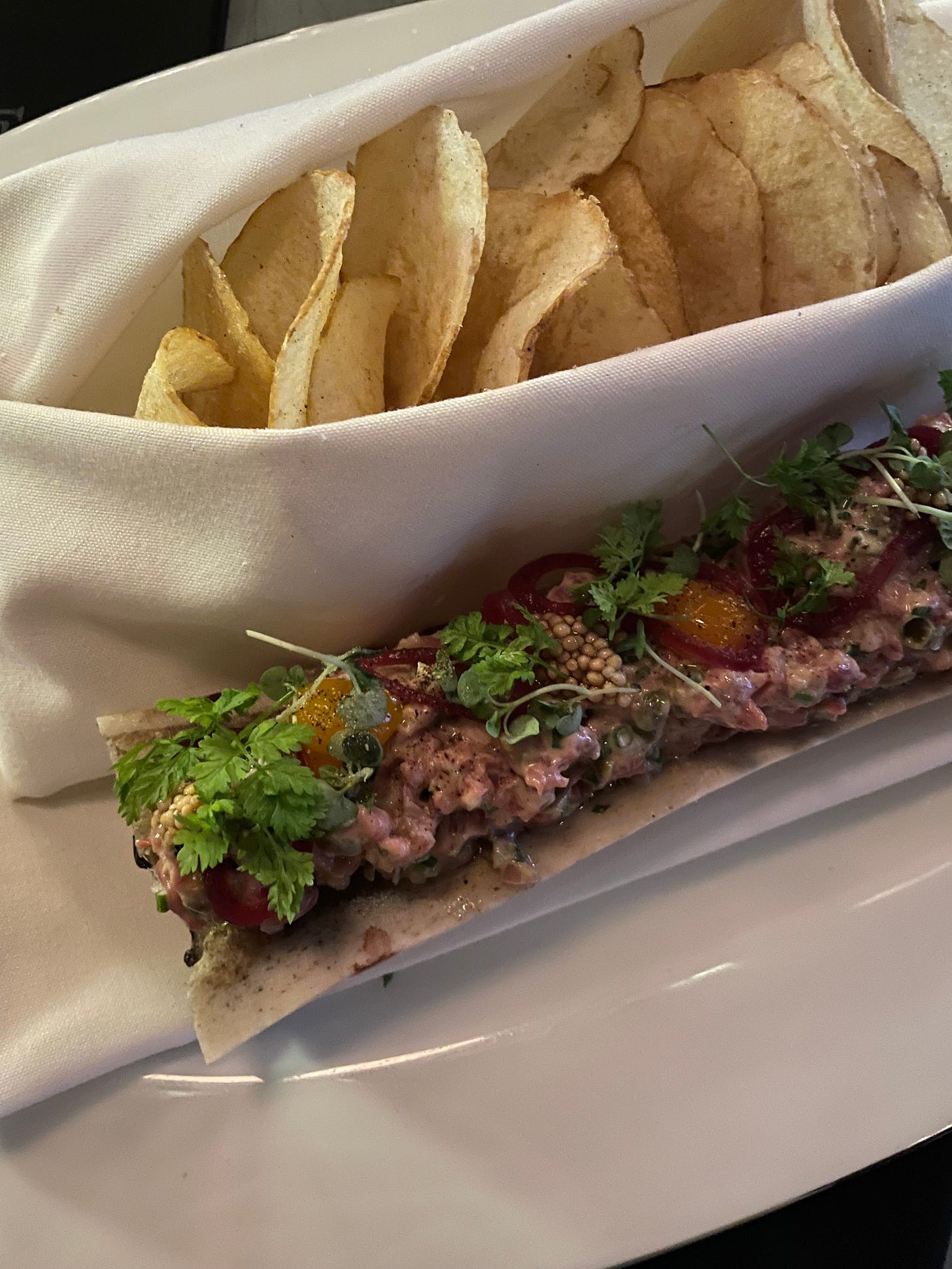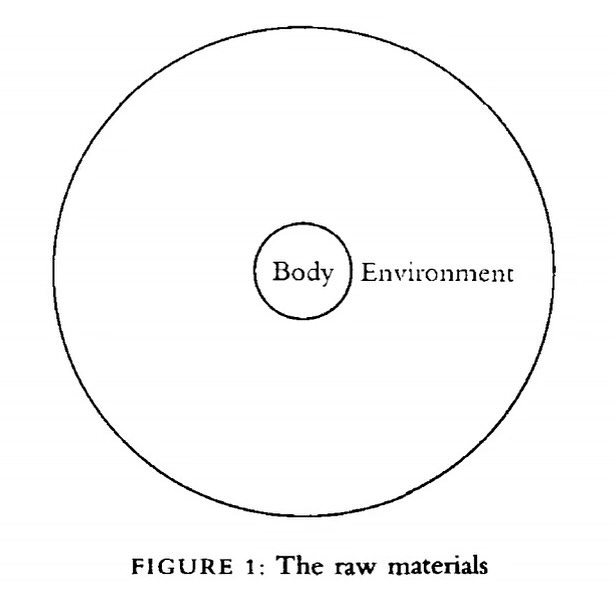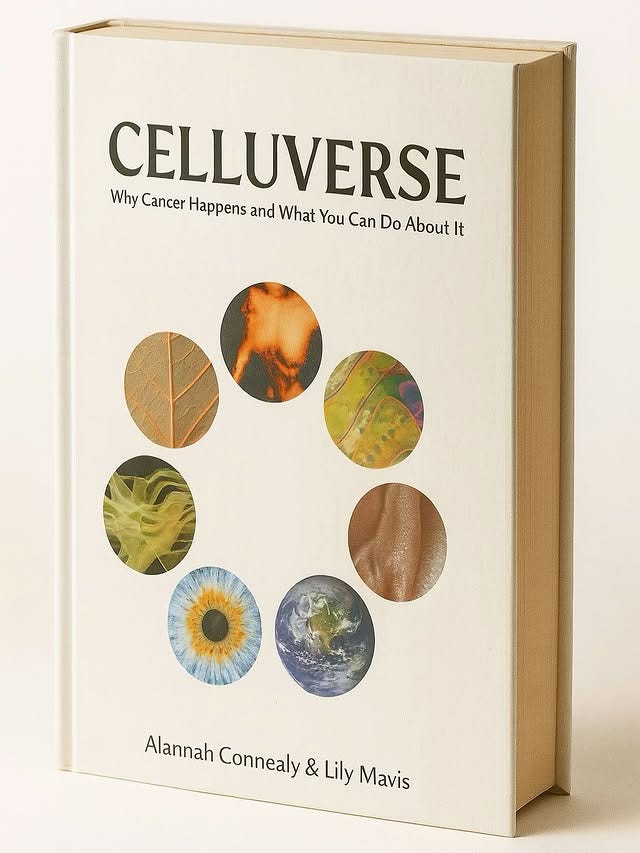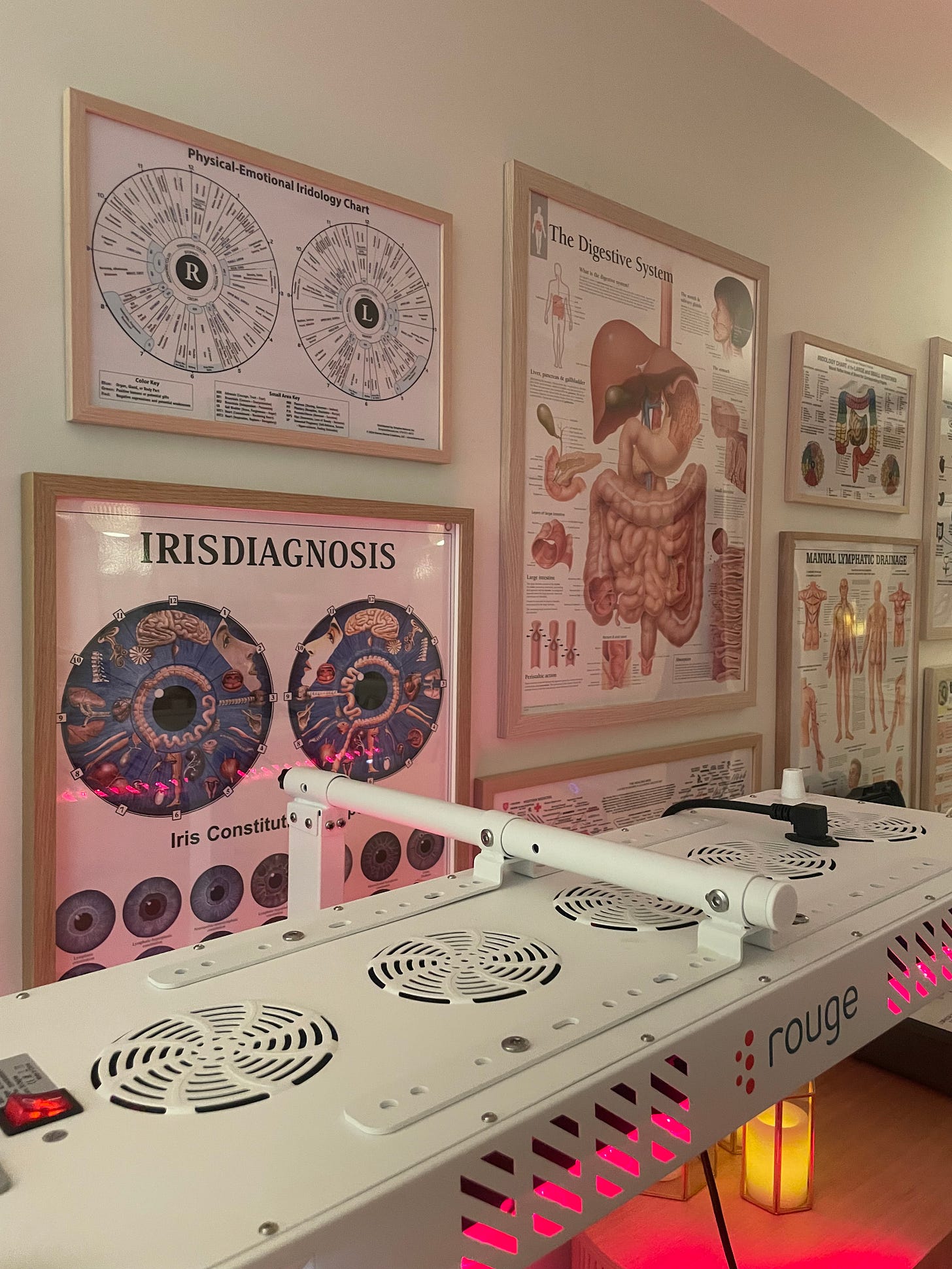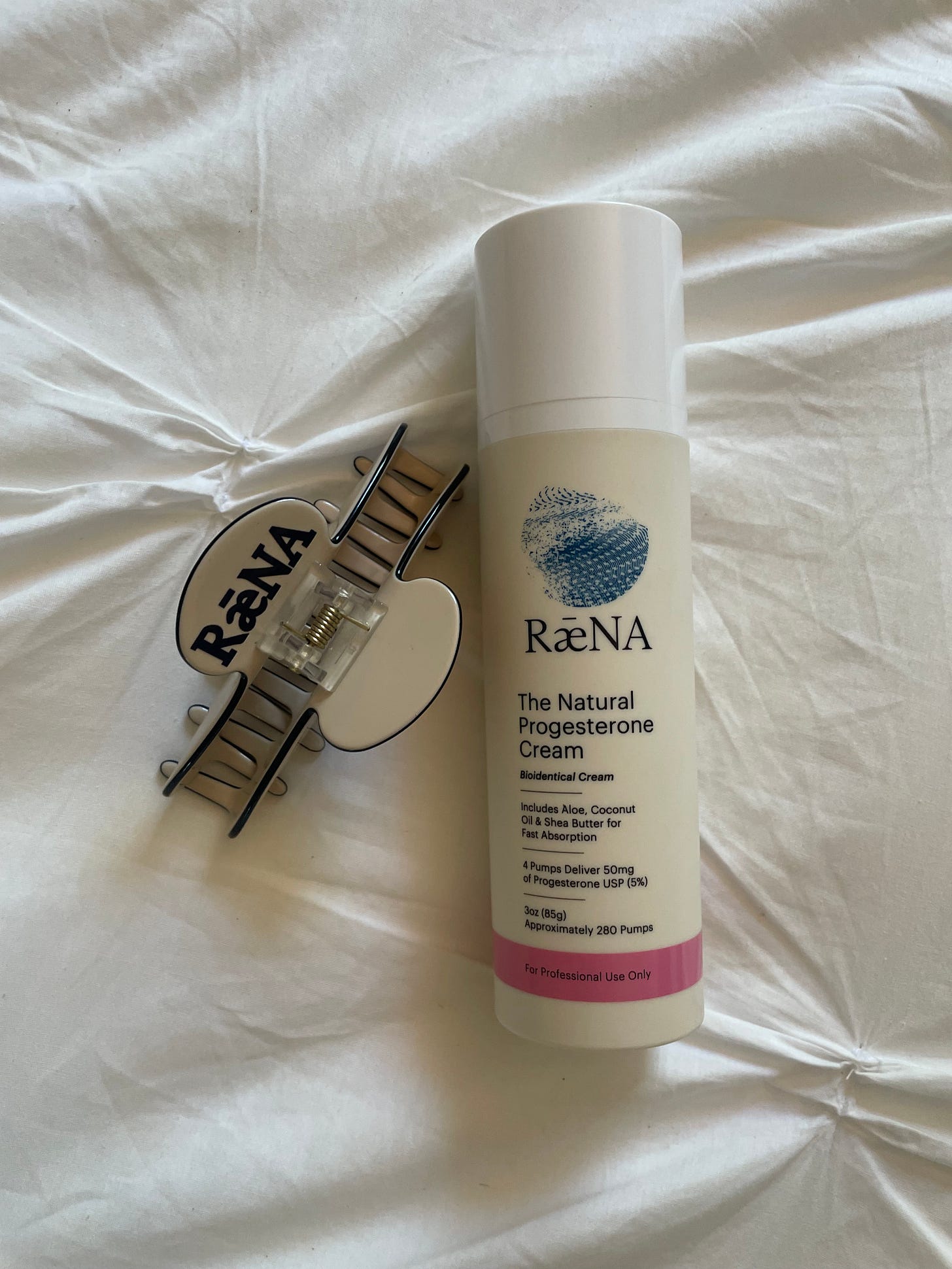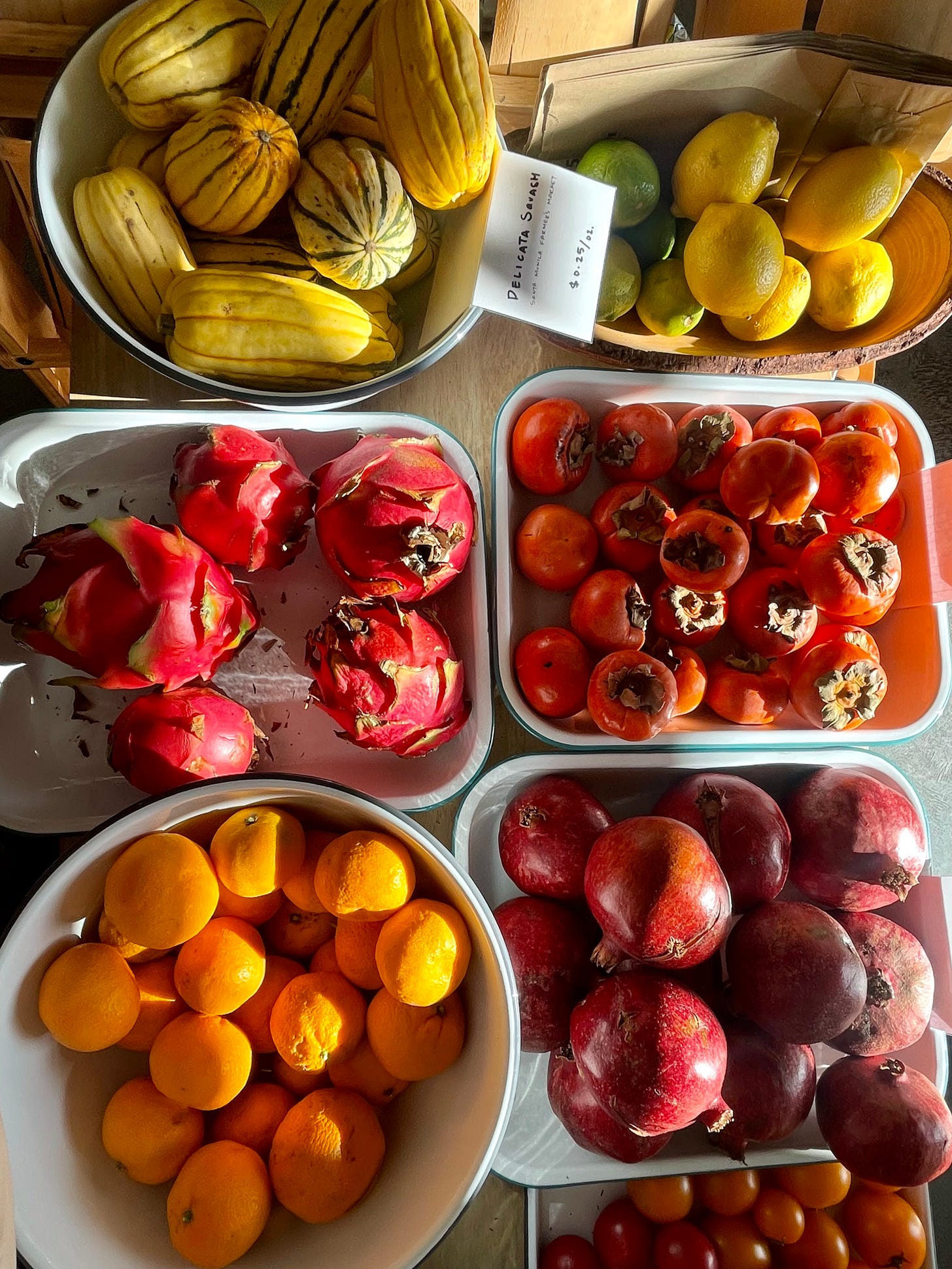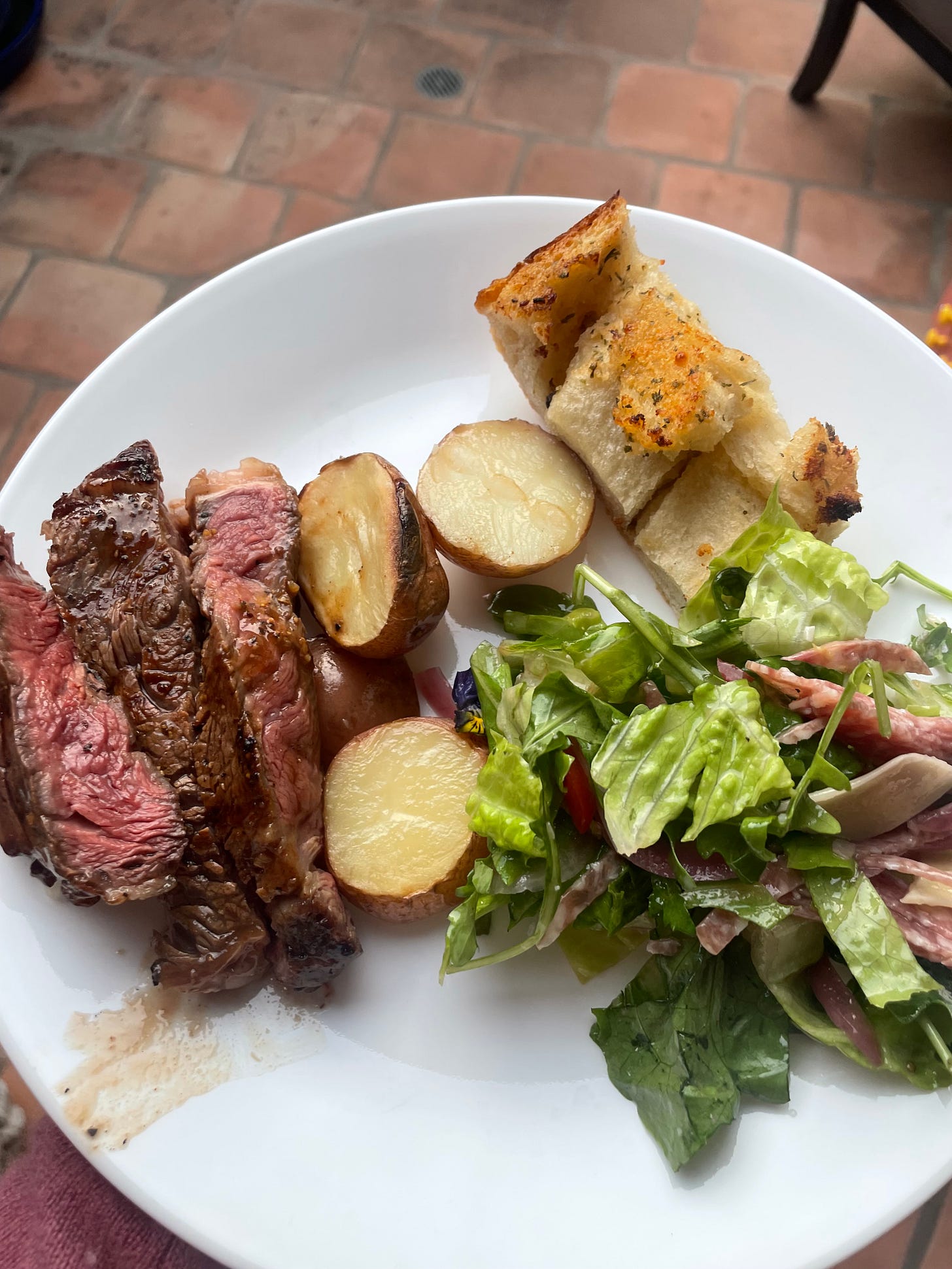Alannah Connealy on Raena, Ray Peat, and Rethinking Cancer
"If I could understand it, I knew others could too."
Alannah Connealy (@alannahconnealy) is the founder and CEO of Raena Health, a company offering clean, bioidentical hormone solutions for women.
When I first discovered her work, both through Raena and her writings for her mother, Dr. Leigh Erin Connealy’s, blog and social channels, it sparked a genuine feeling of hope. Here were resources that might seem esoteric to some (both Alannah and Dr. Connealy frequently drawn on bioenergetic concepts, the kind that you’re more likely to find in an out-of-print book than on WebMD), presented in a clear, tactical way. See: Dr. Connealy’s breakdown of methylene blue and aspirin, or Raena’s guide to bioidentical progesterone.
And with early-onset cancer rates climbing,1 American fertility rates at an all-time low,2 and environmental stressors bombarding us from left and right, it’s clear we need to rethink how we approach our health.
Truly so excited and honored to have Alannah on the newsletter today. You can preorder her book, Celluverse, here.
Your mother, Dr. Leigh Erin Connealy, MD, has been a leader in integrative medicine since the 80s. How did that influence you growing up?
I definitely grew up with a “weird mom.” She was always into infrared saunas, and even when I was little we drank Gerolsteiner water. She never let our sandwiches touch plastic — it was always wax paper or glass. We never took antibiotics, I didn’t even have braces... I thought it was normal, but it was definitely what people would call “alternative health.”
In college, I studied corporate finance, then I worked in tech in San Francisco and hated it. I had a six-figure job at Twitter, but I was like, “This is not what I'm meant to do. Someone else would be way better at this.” So I literally moved home with my parents. Everyone thought I was crazy, but I felt pulled to do something different. I started writing for my mom, getting into social media, and researching health in a far deeper way. Just hours and hours of reading and writing.
When did you first get into Ray Peat?
My mom has made hormones for most of her career, literally making them for patients at her clinic. When I was researching how she did that, I found Ray Peat’s work and was truly enamored. I immediately read everything I could get my hands on and started emailing him while he was still alive. It changed everything.
He was the first one to connect existence with health and the actual structure of the body. For me, it clicked everything into place. I read it and thought, thank God this exists, because otherwise we’d be left wondering these questions.
With Peat, everything comes back to biology. The biology of the body’s finite, so the answers are finite. You’re not left guessing.
He lays out all parts of disease perfectly. There’s really nothing he didn’t think of. He had a very grand understanding of life. Most people aren’t blessed with that. And if you are blessed to find Ray Peat, you’re blessed with a lot of answers.
I remember when I first found him, it almost felt too good to be true.
And it is. With other health gurus it’s very much shots in the dark — “try this, maybe it works.” But with Peat, everything comes back to biology. The biology of the body’s finite, so the answers are finite. You’re not left guessing. From that clarity, you have hope.
Has your mom read his work? I’ve noticed lately she’s been getting a little Peatier.
That’s heavily influenced by me and the team. We try to credit Ray Peat every chance we get. A lot of our ideas are influenced by him but filtered through our own lens — mine especially with animals, the environment, trees, and plants.
Life isn’t random. All of us are united from the same place.
I was watching your first podcast episode and loved the graphic with the eye and the earth. It felt like such a reflection of how innately intelligent and perfect our bodies are.
Exactly. I designed the book to encapsulate that. The universe isn’t an accident — it’s orderly and pattern-oriented and beautiful. And that’s what I hate about healthcare, it feels random. But life isn’t random. All of us are united from the same place. And that's why our patterns look very similar through animals, through trees, our interactions… Obviously, we need plants to exist. We can't survive without them, they can't survive without us, and that's just a testament to the origin of existence.
Can you speak a bit more to Celluverse? It’s the name of your podcast, but also the title of your upcoming book.
It's going to be everything. There's so much more planned. It takes so long to create good things, it's like a slow burn — slowly, then all at once.
The book is a manifesto of everything in the health world through the lens of cancer. Cancer is seen as this extreme disease, but all diseases look similar. Everything comes down to the level of the cell. That’s why the name is “Celluverse,” because every cell is its own universe; its own innocent, perfect place where life happens.
The book goes into everything: the meaning of cancer, the causes of cancer, how to solve cancer, and then the history of cancer treatments and how to think about treating cancer differently (more effectively, we hope). We wanted it to be a magnum opus. Truly no stone left unturned.
How did you first connect with your co-author, Lily Mavis? You also wrote The Essential Guide to Lasting Health together.
We actually met through Instagram years ago. And we started collaborating more on Connealy, MD to help my mom get these ideas out. We got so many questions like, "What do I do about my cancer diagnosis?" And it's like, if I can understand it, others could too. I'm really not smarter than anyone. It didn't feel fair that I could see a path to healing but they couldn't.
It’s tough because [the book is] very long and very technical. But we've been translating complex science topics into understandable ones for years. We pray that it's the right balance of technical meets not-too-clunky.
What would you say one of the most common misconceptions around cancer is?
There are so many. The number one is that cancer is a genetic disease, when it’s not. It's a metabolic disease; the metabolism of the cell is disrupted.
There are lots of misconceptions around the treatment of cancer, too. People think that chemo, surgery, and radiation are going to cure them. And it's absolutely not; it's going to buy them time, it may even kill them. These are very intense treatments and they don't address the cell or the true root of cancer.
Why would anything change if nothing changes? It logically doesn't make sense.
And that’s why recurrence is so high. Most people, when they get cancer, are so afraid it will come back because the stats are so grim. But why would anything change if nothing changes? It logically doesn't make sense.
So you basically buy the body time until something is found again. And usually, it comes back more aggressive, because you've poked the bear and made your body more immunosuppressive. The treatments are so horrendous. Some respond, but it's mostly just getting rid of the actual cancer, not changing what causes it.
It just falls in line with this very allopathic view of medicine: dividing the body into parts and treating it like a machine. And then doctors will remove an organ like it’s nothing.
It's absolutely barbaric. It used to be much worse, you know; historically, they used the radical treatments to remove the breast. They thought that that would lead to better outcomes when you remove every part of the breast. Unfortunately, it absolutely did not.
How did Raena first come to be?
I truly believe progesterone is the most underutilized drug in the world. It just made me mad that people don't use it. It can treat breast cancer, PCOS, PMS, Alzheimer's, multiple sclerosis... It's cheap, it's un-patentable, has no toxic downsides. It's just like, why don't people use this more? Even in menopause, a lot of the times it's hard to just get progesterone, because they want to give it to you with estrogen.
So we basically made progesterone as easy to get as possible: as capsules, which are a prescription with us, and over the counter. And then we sell other hormones, like thyroid and pregnenolone and DHEA, just because a lot of people ignore the other hormones. In menopause, you need them all.
What role does pregnenolone play in all of this?
It’s a beautiful hormone, the “grandmother” hormone in the steroid pathway. It’s really similar to progesterone structurally. Like progesterone, levels decline with age, but most doctors don’t test it because it’s expensive. Still, it’s essential.
A lot of what Raena and Connealy MD stand for differs from the conventional, estrogen-focused approach to menopause and women’s health. Have you faced any pushback? Do you have haters?
Oh my gosh, it’s been horrible. We have haters, but it's more so problems with just operating a business. Starting a company is more brutal than you can even imagine. You don't have people helping you. You're scared. You don’t know what’s going to happen. We’ve been through hell and back, many times.
How big is your team?
We have about 20 people that help us every day. They're fantastic. I feel so blessed by an amazing team.
Every part of you elevates when you’ve done hard things and suffered.
And once you get through the first few years, it becomes part of your skin that you're more competent. Every part of you elevates when you’ve done hard things and suffered so much. It's not to say there's not more suffering ahead, or that we've even reached what I think is our potential. But you just become a more tolerant person to the problems. I still erupt a bit, but I just move on faster.
It's amazing and inspiring to see you still keep at it. There’s so much noise in the women’s health space, and you present these concepts in such a digestible way.
I never want to put something out there that I really don't understand. But you know, it's still very niche. Progesterone's so under-adopted. It's about, how do we bring awareness to this more people?
And then because we have coaches rather than full OBGYNs, our customer just has to be so smart and savvy. And honestly, they inspire me every day. I think it's so cool that they’re taking care of their life, their health, their body… They're so amazing.
Where do you see Raena heading in the next few years?
We have a few cool products on the horizon, but we’re mostly trying to encourage women to test their hormones. Not that you have to, but for some markers, like TSH or DHEA, it’s useful.
If you could leave readers with one piece of health advice, what would it be?
I think the first step is learning and reading what you can. Getting engaged and involved in your health journey, because there's truly nothing more important. It’s your birthright to feel good. It’s your birthright to thrive, to take on life's biggest challenges and exciting moments, and you can't do that if your cells or hormones aren't working.
And there's just no shortcut to your health. So I would spend a little bit of time reading from people you trust. Hopefully, it’s us; we work 13-hour days to get this information out to people. But whatever resonates in your heart, is something you have to start experimenting with. If you don’t, someone else will experiment on you — your doctor! So you have to be prepared.
Preorder Alannah and Lily’s book, Celluverse, here.
Suggested reading:
The Essential Guide to Lasting Health by Alannah Connealy and Lily Mavis
The Cancer Revolution by Leigh Erin Connealy, MD
“Cancer is a Failed Healing Process” (Connealy MD)
“Progesterone Deserves More Than Just a Supporting Role” (Connealy MD)
Nutrition for Women by Ray Peat
How to Heal Your Metabolism by Kate Deering
Zhao J, Xu L, Sun J, Song M, Wang L, Yuan S, et al. Global trends in incidence, death, burden and risk factors of early-onset cancer from 1990 to 2019. BMJ Oncology. 2023.
Shiels MS, Haque AT, Berrington de Gonzalez A, et al. Trends in cancer incidence and mortality rates in early onset and older onset age groups in the United States, 2010-2019. Cancer Discovery. 2025.


